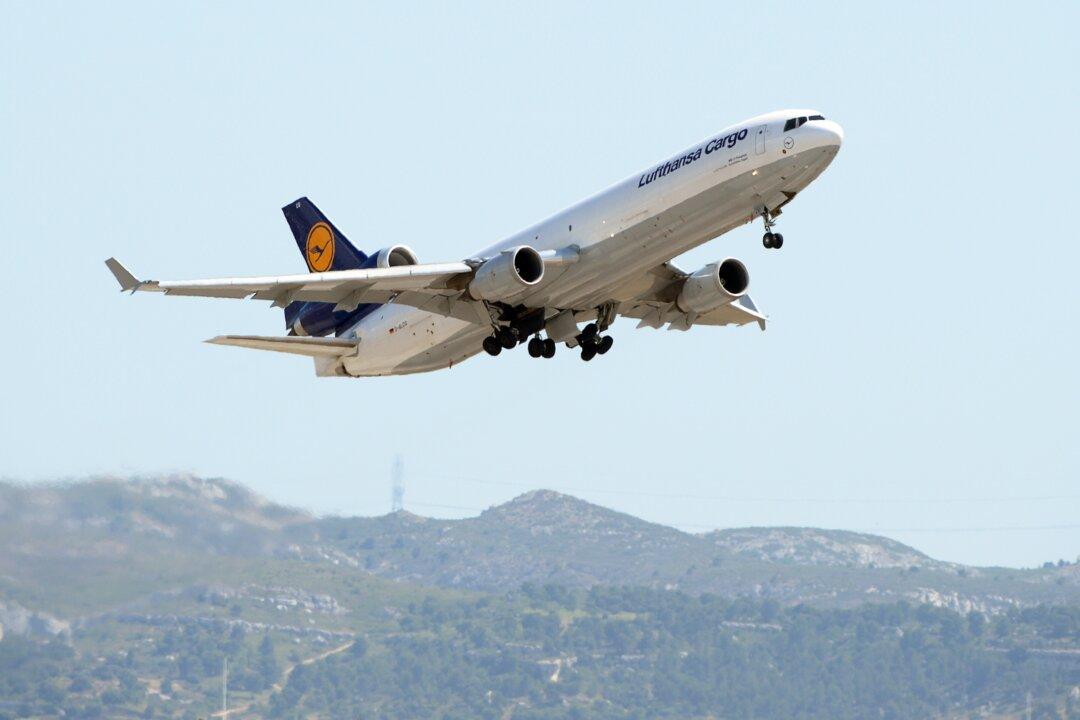BRUSSELS—A European Union task force on Friday recommended pre-employment psychological evaluations and random drug and alcohol testing for pilots to prevent a repeat of the Germanwings disaster.
The panel, led by the European Aviation Safety Agency (EASA), was formed in response to the March 24 crash of a German airliner in France that killed all 150 people onboard.
Experts say the plane’s co-pilot, Andreas Lubitz, who reportedly had a history of mental illness, deliberately flew the jet into a mountain after locking the pilot out of the cockpit.
“Key players in aviation and medical science worked closely together within the task force,” Patrick Ky, EASA’s executive director, said in a statement. “This report is the result of a thorough analysis with practical recommendations, so that such a tragic event does not happen again.”
The group’s recommendations, published by the EU, include ensuring the presence of “two persons in the cockpit at all times.” The panel also said airline pilots should have to undergo psychological evaluation before they are allowed to enter service, and that their employers should institute random testing for drug and alcohol use.
Airlines should also create “support systems” to help pilots who need it, the task force said.
The panel also called for a “robust program” to oversee medical personnel responsible for the physical and mental health of airline crews, and the creation of a Europe-wide depository of “aeromedical data”— a recommendation that may clash with long-standing traditions of medical confidentiality.
The task force’s proposals will now be reviewed by the EU’s executive Commission. If changes in EU legislation are needed, the European Aviation Safety Agency will be asked to submit specific proposals for updating existing EU-wide safety regulations.
“EASA is ready to take the next necessary steps, applying the lessons learned,” Ky said.





